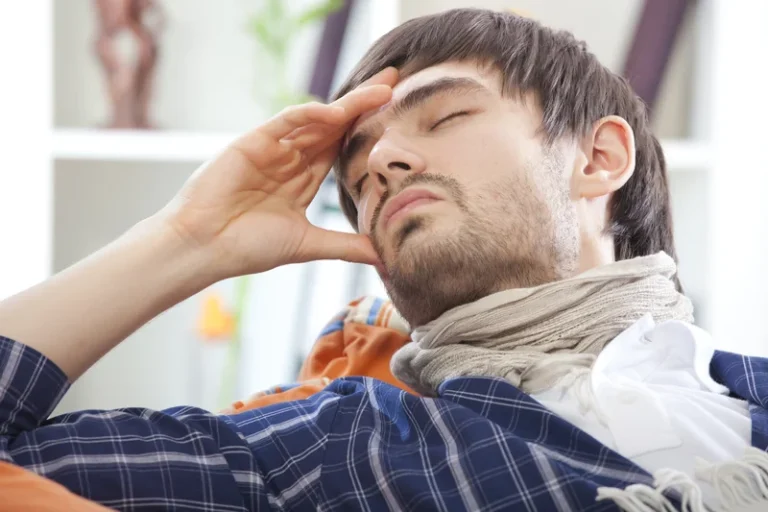
Alcohol can increase the quantity of non-REM sleep does alcohol help you sleep during the first half of the night, but it decreases REM sleep in the second half. CBTi, as offered by Sleepstation, could help if you’re experiencing alcohol-induced insomnia. The potential for insomnia treatment to influence alcohol-related consequences has significant implications for the prevention and treatment of problematic alcohol use among young adults.
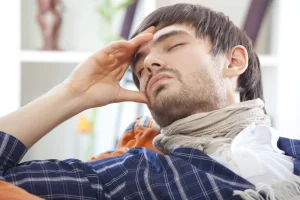
Does alcohol make you sleepy?
OSA is recurrent episodes of airway obstruction resulting in disruptions in sleep. With sleep onset, relaxation of the muscles of the jaw, tongue, and throat occurs, leading to a narrowing of the upper airway diameter. Essentially changes in the brain’s regulation of upper airway musculature lead to OSA.
REM Sleep Disorder and Alcohol
The Sleep Foundation editorial team is dedicated to providing content that meets the highest standards for accuracy and objectivity. Our editors and medical https://ecosoberhouse.com/ experts rigorously evaluate every article and guide to ensure the information is factual, up-to-date, and free of bias.
- At the same time, ghrelin, a hormone that makes you feel hungry, is kept in check.
- Hot flashes or the need to go to the bathroom (as alcohol is a diuretic) fragment sleep and, therefore, more chances to suffer insomnia.
- It wasn’t until 2012 that scientists discovered this neurological plumbing operation, which they dubbed the glymphatic system.
- You might wake up due to things we’ve already covered, such as needing to pee, experiencing sleep apnea, or snoring heavily.
- Men and women are advised not to drink more than 14 units of alcohol a week.
The warning signs of a drinking problem
It all goes back to the ways your body responds to alcohol as a sedative, says Kogan. Tempting as it might be to mix up a nightcap when you’re dealing with chronic sleep troubles, alcohol is unquestionably not a treatment for insomnia. For something more likely to work, Kogan recommends cognitive behavioral therapy for insomnia (CBT-I). Alcohol increases the level of the stress hormone epinephrine in your body a few hours after your last drink, leading to an increase in your heart rate. CBTi is recommended as the best starting point for treating insomnia that has lasted more than four weeks (chronic insomnia).
- If left untreated, chronic sleep apnea can drastically impact your quality of life and lead to serious health concerns, such as weight gain and obesity, hypertension, stroke, memory impairment and heart failure.
- Sleep also can help you heal when you do get sick, and it helps vaccines work better, too.
- ‘Bottoms up’ is simply not a long-term recipe for restful sleep – instead, the bottom line is that although there may be a perceived sense that alcohol promotes faster and deeper sleep, it’s in fact just a ruse.
- Take the Sleep Quiz to help inform your sleep improvement journey.
- Alcohol affects sleep in multiple ways and contributes to the appearance of different sleep disorders or to their worsening.
- As your body works to lower your blood alcohol level, you may experience disrupted sleep and wake up more often than usual.
Men and women are advised not to drink more than 14 units of alcohol a week. It helps to know how many units are in a drink – 14 units is the same as six pints of average-strength beer or ten small glasses of lower-strength wine. In turn, this affects all the different phases of sleep we get a night – which are usually finely tuned to make sure we are rested and our brains can function properly. This includes disrupting our restful deep sleep, or REM sleep, leading to more periods of wakefulness.
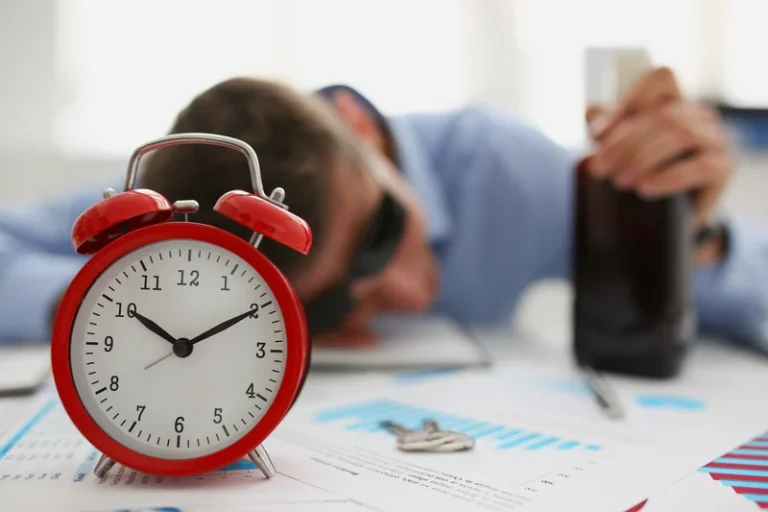
Dr. Iatridis says it’s important to stop drinking at least four hours before bed to prevent sleep disruption. It’s that transition period from wakefulness to sleep that generally only lasts a few minutes. Alcohol has been shown to increase stage 1 sleep during the second half of the night, especially for those who’ve been drinking heavily. It’s clear that using alcohol as a sleep aid leads to poorer sleep and disrupted sleep can lead to an even greater dependence on alcohol. No wonder addiction feeds off this debilitating cycle and insomnia in young adults prevails. Like all things alcohol-related, it’s about moderation and knowing your limits.
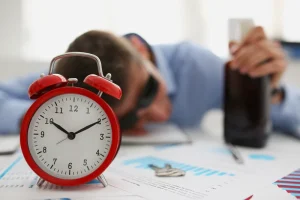
Is there a connection between alcohol and sleep disorders?
Moreover, it can take one hour for your body to process one serving of alcohol. If you’ve had several drinks, it’s best if your last drink is finished at least several hours before you go to bed. Some people may resort to drinking alcohol as a sleep aid or agent that initiates sleep. Consuming two servings of alcohol per day for men and one serving for women can reduce sleep quality by 9.3%.
- Otherwise, moderate to heavy alcohol consumption typically reduces the REM stage in the second half of your sleep, which could have an impact on your concentration, memory, and motor skills.
- It can initially make you drowsy and help you fall asleep more easily.
- Alcohol acts as a sedative, inducing sleep and in some promoting a tranquilizing effect.
- Poor or insufficient REM sleep has been linked to not only grogginess the next day, but also a higher risk of disease and early death.
- It’s one part of the rebound effect the body goes through as it clears alcohol from your system, which is linked with frequent sleep disturbances in the second half of the night.
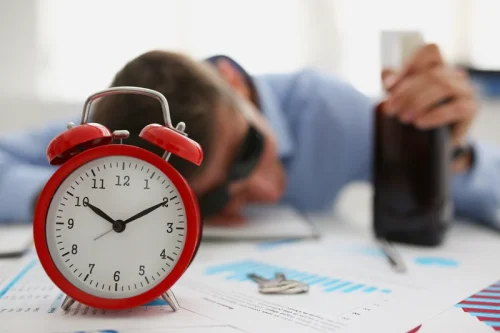
If you’re struggling to get enough quality rest, talk to a health alcoholism care professional about ways to improve your sleep. Making a plan to focus on better sleep habits can help you feel your best and improve your overall health. People who go to bed with alcohol in their system may be more likely to wake early in the morning and not be able to fall back to sleep, another consequence of the rebound effect. If you don’t set a limit before heading to the bar, it can be easy to find yourself ordering another drink every time the bartender comes around to check on you and your empty glass. If you have a supportive friend or partner who is also attending the festivities, ask them to keep you accountable to your new limit. Anyone who’s ever indulged in a drink or two knows that alcohol can make you real sleepy, real fast.
While a drink now and then may have a sedative effect that causes you to drift off faster, research shows that it can impede sleep quality in the long run. While heavy alcohol use can trigger insomnia, the opposite is also true. People with insomnia have an increased risk of developing alcohol use disorder, potentially because many individuals turn to alcohol as a sleep aid. Here’s what to know about how a nightcap can affect your sleep and why doctors say it’s not a good idea to rely on alcohol as a sleep aid.